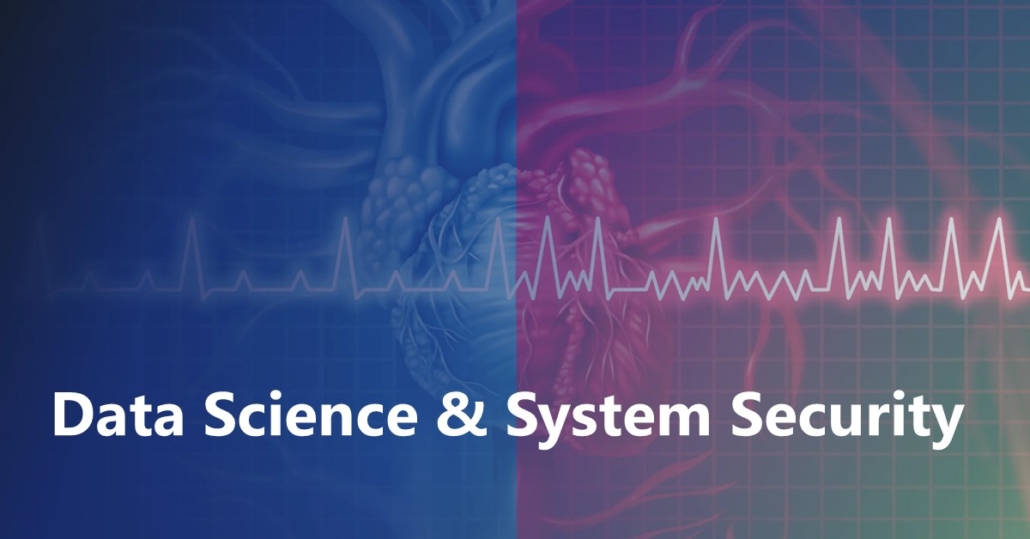Where’s the Liability in the Generative Era? Recovery-based Black-Box Detection of AI-Generated Content
The recent proliferation of photorealistic images created by generative models has sparked both excitement and concern, as these images are increasingly indistinguishable from real ones to the human eye. While offering new creative and commercial possibilities, the potential for misuse, such as in misinformation and fraud, highlights the need for effective detection methods. Current detection approaches often rely on access to model weights or require extensive collections of real image datasets, limiting their scalability and practical application in real-world scenarios. In this work, we introduce a novel black-box detection framework that requires only API access, sidestepping the need for model weights or large auxiliary datasets. Our approach leverages a corrupt-and-recover strategy: by masking part of an image and assessing the models ability to reconstruct it, we measure the likelihood that the image was generated by the model itself. For black-box models that do not support masked-image inputs, we incorporate a cost-efficient surrogate model trained to align with the target models distribution, enhancing detection capability. Our framework demonstrates strong performance, outperforming baseline methods by 4.31% in mean average precision across eight diffusion model variant datasets.


